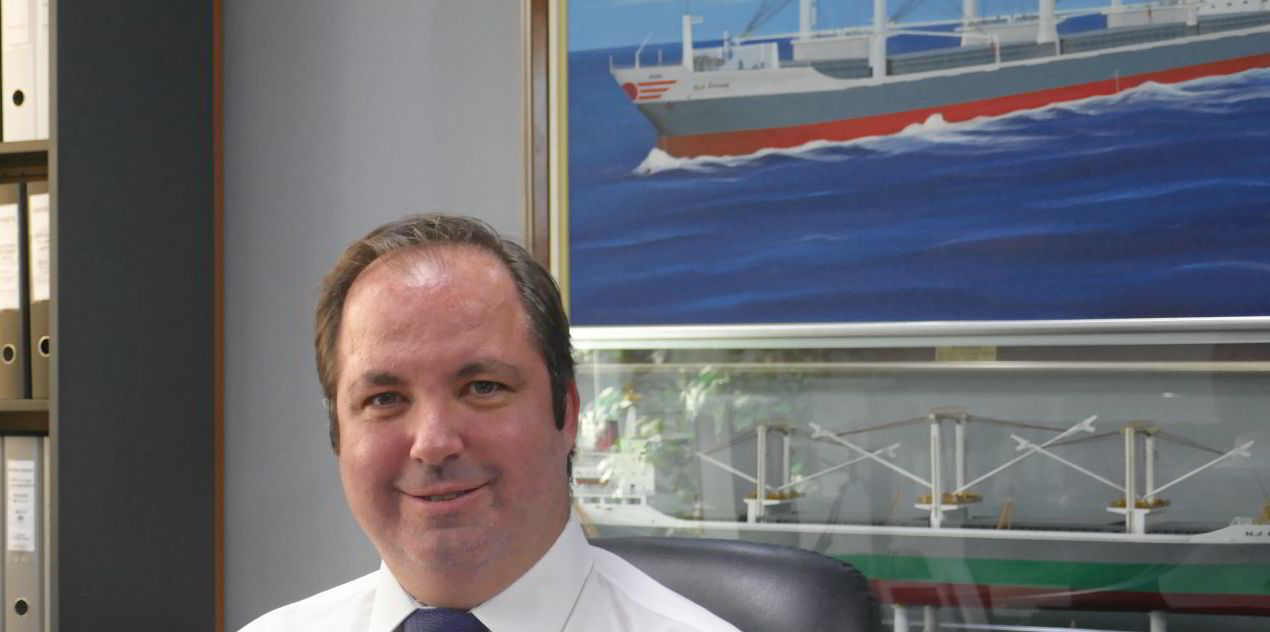London Greek shipowners have added their voices to criticisms of the “simplistic” Carbon Intensity Indicator as a short-term tool to decarbonise the industry.
The International Maritime Organization’s new operational tool seeks to rank and target the worst emitting vessels but sections of the industry have criticised it as unfair, lacking teeth and with damaging unintended consequences.
The measure “seems to have no respect from either charterers or shipowners,” said the chairman of the Greek Shipping Cooperation Committee, Haralambos Fafalios.
Currently, the regulation aims to cut carbon intensity by 1.5% each year up to 2025, with revisions planned for 2026.
“World shipping is too complex to try and use rather simplistic measures for vessels’ fuel efficiency,” he said at an event attended by key shipping players including IMO chief Kitack Lim and the president of Greece’s shipowners’ association Melina Travlos.
But Fafalios backed the IMO as the key force to decarbonise shipping rather than rely on a patchwork of regional initiatives.
The European Union last month agreed a deal to include the maritime sector in its emissions trading scheme, the bloc’s main tool to cut emissions.
With the industry still divided on the best fuel for a greener future, Fafalios called for a levy as a medium-term measure until a safe alternative emerges.
“The Greek controlled merchant fleet, amongst the largest in the world, is getting younger by the year due to judicious second-hand sales and a substantial orderbook of low carbon high technology newbuildings in all sectors,” he said at the group’s New Year celebration in central London.
“This fleet renewal and expansion would probably be more robust if only we knew which fuel, we will be using over the next 20-30 years.”
Global Centre
The head of the London-based committee also took aim at the failure of the UK capital to promote its role as a maritime centre.
“London has all the know-how but an ever-smaller number of shipping companies making their base here,” he said.
“Much more is required if the UK wishes to remain one of the great global maritime centres.”




